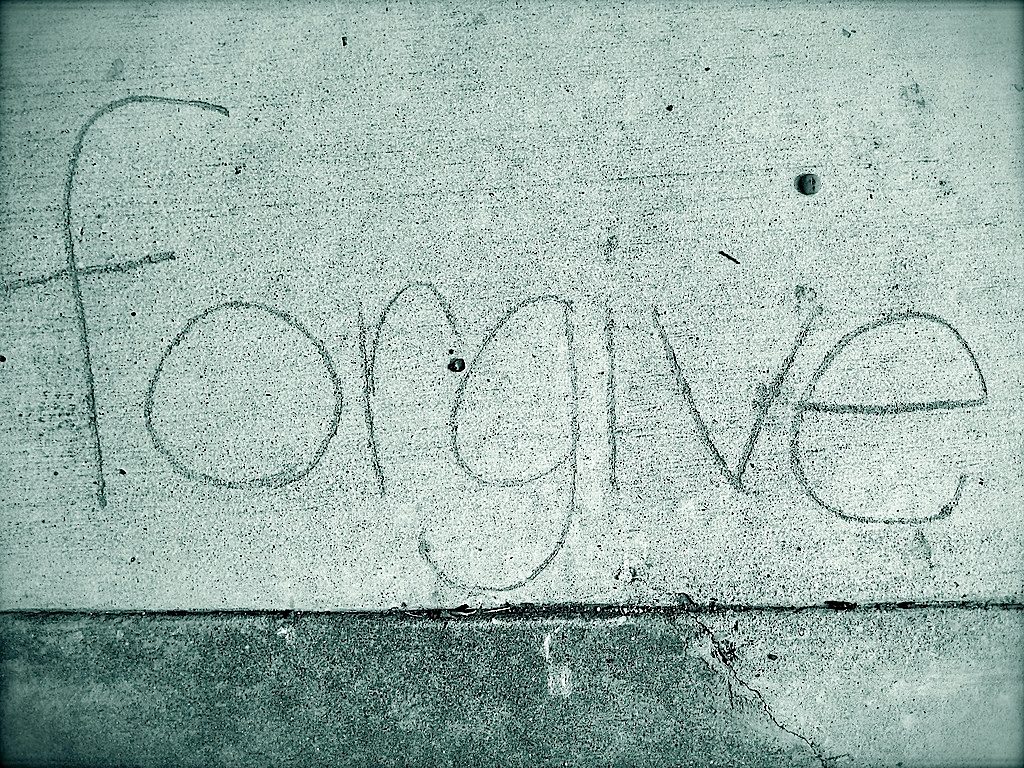
By Randy Moraitis, MA, BCPC
In my last blog post concepts from the book The 5 Love Languages by Dr. Gary Chapman were discussed. Here we look at a later work by Dr. Chapman (along with Jennifer Thomas) called The Five Love Languages of Apology—How to Experience Healing in All Your Relationships.
The main premise in this helpful book is that individuals must learn to apologize and forgive each other in order to have healthy relationships.
There are no perfect husbands or wives, parents or kids, family members or friends. We all make mistakes. We all blow it sometimes. When we do, we need to sincerely apologize. The problem is that people have different ideas about what an apology is. What may seem like a sincere apology to one person may not be seen that way by the injured party.
The books authors claim that, through countless hours of counseling sessions, they determined there are five different ways that folks usually apologize. These languages of apology are usually learned in childhood. Here they are:
5 Languages of Apology
1. Expressing Regret—People who relate to this style of apology usually say, “I’m sorry that I.. “. Once they’ve said they are sorry, to them the situation should be over. When expressing regret, always say what you’re sorry for, and never add the word “but”.
2. Accepting Responsibility—This is when the person says, “I was wrong”. For folks who speak this language of apology once they admit they were in the wrong, they feel the matter should be over.
3. Offering to Make Restitution—Those with this language of apology will often say, “What can I do to make this right?” They want to make up for the wrong. A husband forgets his wife’s birthday perhaps he can make up for it by taking her on a cruise. To be an effective apology, the bigger the wrong, the bigger the restitution!
4. Genuinely Repenting—This is where the person in the wrong truly wants to change their behavior. They often say, “I don’t want this to keep happening”. To be sincere this apology needs a plan to show that behavior really can change.
5. Requesting Forgiveness— Some people will not forgive if you don’t ask them for
forgiveness. You just may need to say, “Will you please forgive me?”
When you apologize, what do you normally say or do? See if you can determine your apology language from the five above. Remember, the way you apologize may not be what the person you hurt needs to hear.
For example, you may hurt someone’s feelings, then say “I am sorry”, and think you have properly apologized. But that person may be waiting for you to ask for forgiveness. If you sense your apology is not
connecting it is okay to ask the other person what they need.
I would love to hear your thoughts on this or any other topic. If you have questions or comments please send them to randy@randymoraitis.com.
Website: www.randymoraitis.com. Twitter: @RMoraitis





Leave a Reply
Want to join the discussion?Feel free to contribute!